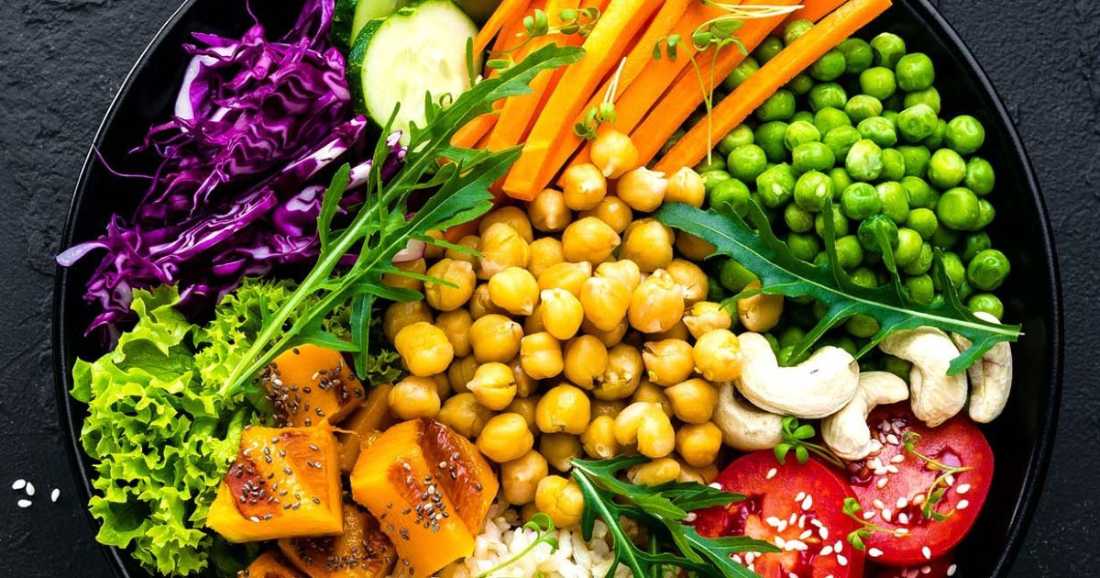
Wellhealthorganic.com:vegetarian protein sources
In recent years, there has been a growing interest in plant-based diets for both health and environmental reasons. Whether you’re a seasoned vegetarian or simply looking to incorporate more plant-based meals into your diet, ensuring an adequate intake of protein is essential for overall health and wellbeing. Fortunately, there are numerous delicious and nutritious vegetarian protein sources readily available. Let’s delve into some of these options to help you maintain a balanced diet while meeting your protein needs.
1. Legumes:
Legumes are a versatile and affordable source of vegetarian protein. They include beans, lentils, chickpeas, and peas, all of which are rich in protein, fiber, vitamins, and minerals. For instance, one cup of cooked lentils provides approximately 18 grams of protein, making them an excellent choice for vegetarian meals. Legumes can be incorporated into soups, salads, stews, and even burgers, offering a satisfying and nutritious alternative to meat-based dishes.
2. Tofu and Tempeh:
Tofu and tempeh are soy-based products that are popular among vegetarians and vegans for their high protein content. Tofu, made from soybean curds, is a versatile ingredient that can be used in a variety of dishes, from stir-fries to smoothies. It absorbs the flavors of other ingredients, making it suitable for both savory and sweet recipes. Tempeh, on the other hand, is made from fermented soybeans and has a firmer texture with a nutty flavor. Both tofu and tempeh are excellent sources of protein, providing around 20-25 grams per 3.5 ounces.
3. Quinoa:
Quinoa is a nutrient-rich grain that serves as a complete protein source, meaning it contains all nine essential amino acids that the body cannot produce on its own. In addition to protein, quinoa is also high in fiber, iron, magnesium, and various other vitamins and minerals. Its versatility makes it a popular choice for salads, pilafs, and breakfast bowls, providing a wholesome and satisfying meal option for vegetarians.
4. Nuts and Seeds:
Nuts and seeds are not only packed with protein but also healthy fats, fiber, vitamins, and minerals. Almonds, peanuts, walnuts, chia seeds, flaxseeds, and hemp seeds are just a few examples of nutritious options that can easily be incorporated into your diet. Whether eaten as a snack, sprinkled over yogurt or oatmeal, or blended into smoothies, nuts and seeds offer a convenient way to boost your protein intake throughout the day.
5. Seitan:
Seitan, also known as wheat gluten or wheat meat, is a popular meat substitute made from gluten, the protein found in wheat. Despite its meat-like texture and appearance, seitan is entirely plant-based and rich in protein, providing approximately 25 grams per 3.5 ounces. It can be seasoned and cooked in various ways, making it a versatile ingredient for vegetarian dishes such as stir-fries, kebabs, and sandwiches.
6. Edamame:
Edamame, or young soybeans, are a delicious and nutritious snack that’s rich in protein, fiber, and essential nutrients like folate and vitamin K. Whether enjoyed steamed as a standalone snack or added to salads, soups, and stir-fries, edamame offers a convenient way to boost your protein intake while satisfying your hunger.
Conclusion:
There is no shortage of vegetarian protein sources to choose from, each offering its unique flavor, texture, and nutritional benefits. By incorporating a variety of plant-based foods such as legumes, tofu, tempeh, quinoa, nuts, seeds, seitan, and edamame into your diet, you can easily meet your protein needs while enjoying a diverse and satisfying range of meals. Whether you’re a committed vegetarian or simply looking to explore more plant-based options, embracing these nutritious protein sources can contribute to your overall health and wellbeing.